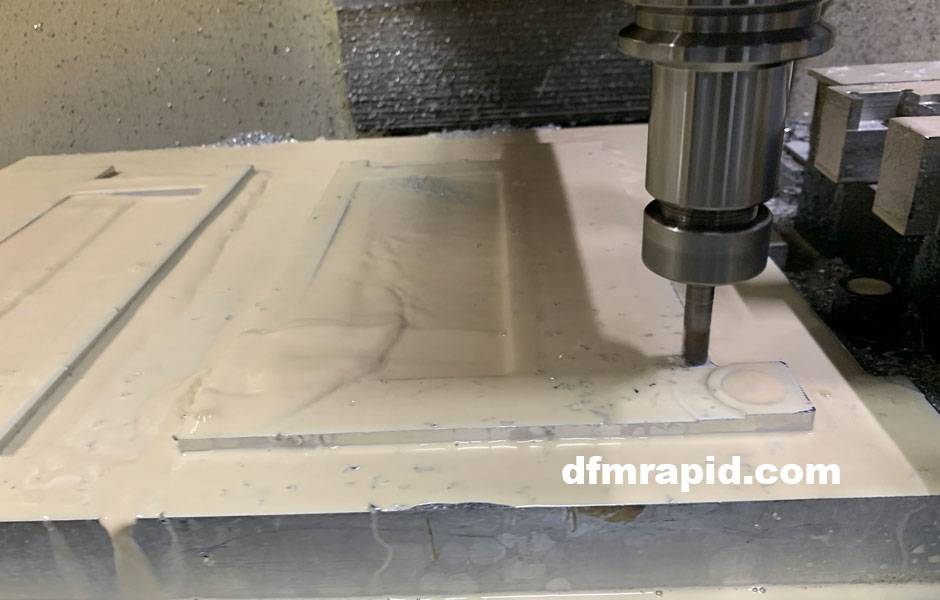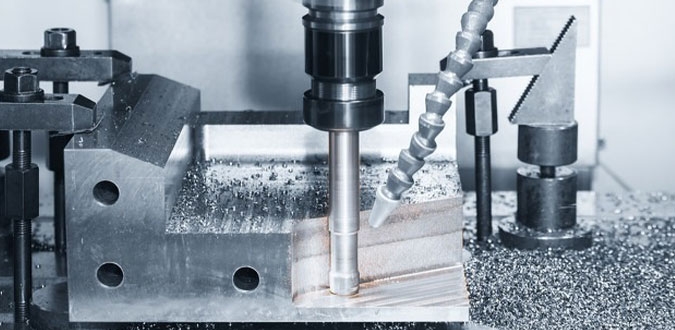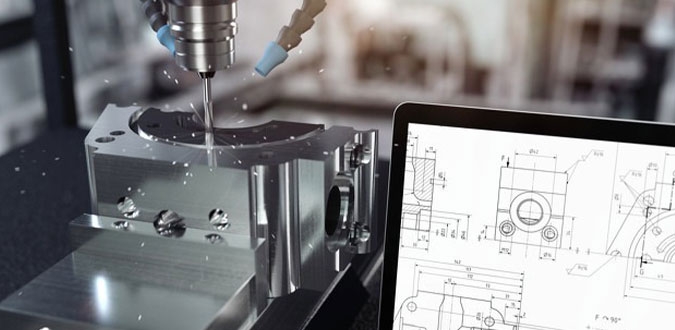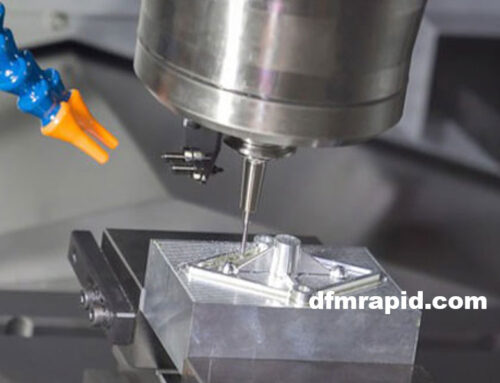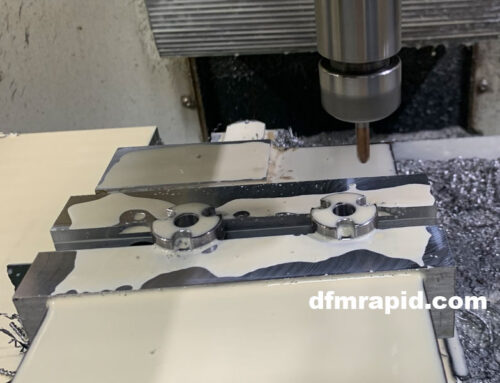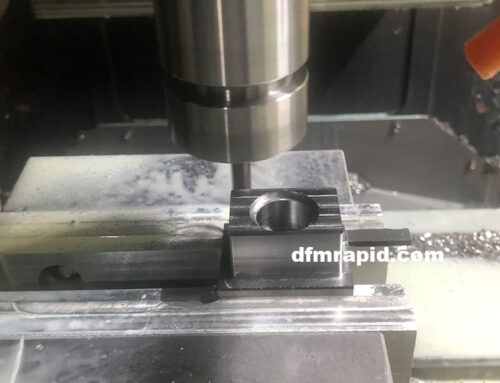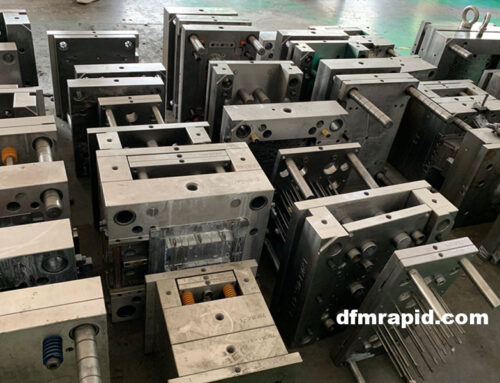CNC machining is a tried and trusted method of metal/plastic fabrication used for countless projects every day. Nearly anything that requires engineering or planned design most likely involves CNC machining in some way. All kinds of industries and businesses need quantities of large and small metal and plastic components.
There is much to gain from learning about the CNC machining process and how it can benefit your unique business application.
What Exactly is CNC Machining?
Computer numerical control (CNC) is a process that incorporates computers in order to control tools which create different types of products. CNC machining incorporates common tools like mills, routers, grinders and lathes. CNC machines require specialized software to operate properly. Before the machining process begins, a custom computer program is used to design the object that needs to be machined. The computer program helps the user control the machine tools, as well as aspects such as speed, feed rate, velocity, etc.
CNC Machining Advantages
The advantages of CNC machines in comparison to conventional machining methods are numerous; these machines use higher levels of automation and reduce possible errors while increasing productivity and cost-effectiveness across the board. Here is a compilation of the main advantages of CNC machines:
- Eliminate the need to produce prototypes
Prototypes take time to design and develop, and producing them costs money. When you use CNC machines, you already have a digital copy of both product and machine. This eliminates the need to create costly, time-consuming prototypes which can save your business weeks of production time. I’m sure you would agree that your energy and attention could be better spent elsewhere, and certainly the cost-savings will benefit your organization’s bottom line. - Productivity
Because you can program a CNC mill or other machine to perform a complex series of actions, you can often step away while the machine gets to work. This can include out-of-hours automated machining in certain set-ups, hugely increasing your productivity and rate of output. - Consistency
Because the use of a CNC almost eliminates human error, CNC machines are highly consistent and accurate in the work they produce, providing clients with uniform and faultless products. This is what makes CNC machining so crucial for areas where quality is critical, as the level of reliability and quality in the work produced is much higher. - Cost Effectiveness
CNC machines more than make up for their initial costs with a high rate of output and lower number of mistakes in resulting components. Operators also require less training to operate a CNC machine and can learn how to use the machine in a virtual environment, eliminating the need for training workpieces. As these machines become more popular and widespread, their cost will continue to drop. - Safety
Any hazardous safety issues, such as a jam or other machining error, is only detrimental to the machine and not a safety issue for the operator, unlike conventional open guard machining. - Versatility
CNC machines can be reprogrammed in a short period of time to produce a completely new product, making them ideal for short or long production runs. You can change programming without it being time-consuming or too costly.
Is CNC Machining Better Than Conventional?
CNC machining and conventional machining aim to achieve the same end, and both start with a raw chunk of metal or plastic and shape it into a part. The most basic difference between the two is the automation of CNC versus the manual nature of conventional. Speed, production rate, and accuracy are some of the main advantages of CNC machining over conventional machining.
CNC Machining Applications Are Countless
You can rely on CNC machining for an endless number of applications within a full range of materials such as aluminum, carbon and stainless steel, titanium, brass, castings, plastic, wood, gold, silver and synthetic materials including ABS, polycarbonate and others. The call might be for tons of tiny metal plates bent to a certain angle and engraved with a number, or for a large panel punched to order.
A business might need fittings, spacers, bushings, shafts, manifolds, dies, fixtures, molds and any number of other parts. A huge benefit of CNC machining is how it not only performs in all kinds of environments, it enhances the business’s overall bottom line by doing the job faster and more cleanly than any other method.
Ready to Save Costs on Your CNC Machining Needs?
At CNC Rapid, we’re experts at rapid CNC prototyping. Our dedicated prototype equipment includes 3-, 4-, and 5-axis machining and advanced turning capabilities to provide comprehensive solutions to an array of industries.
If you are looking for a CNC machining services China shop for your next project, please feel free to get a quote.
